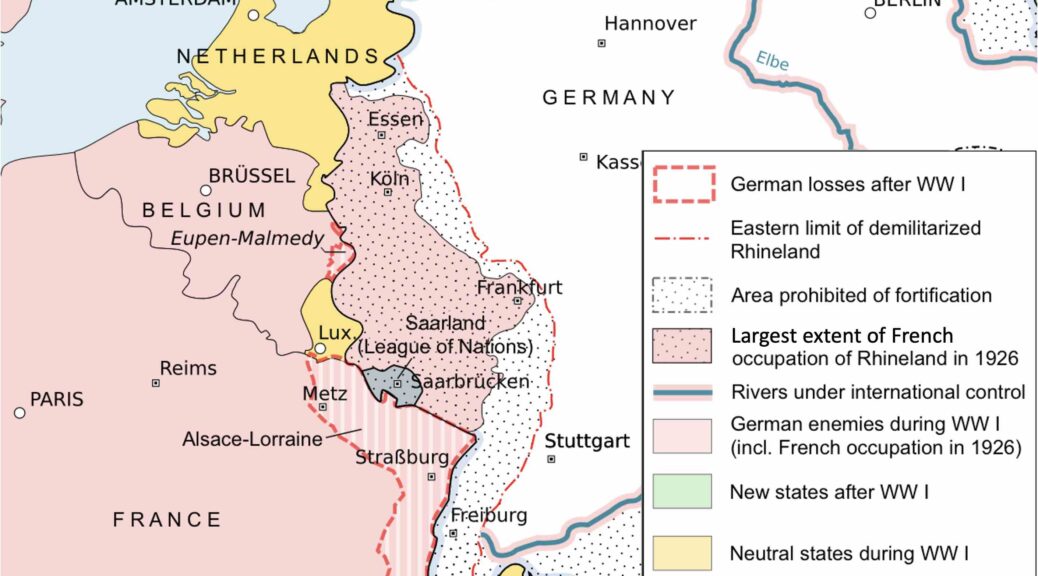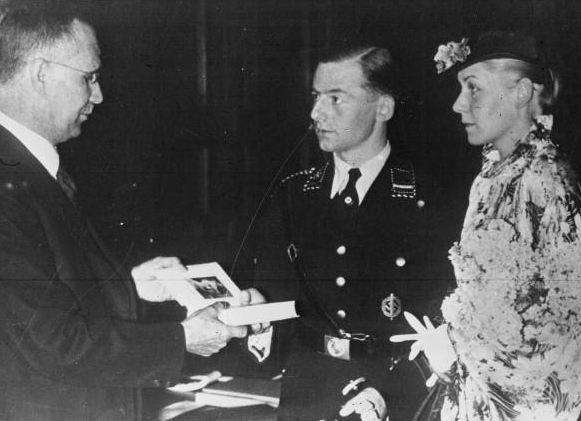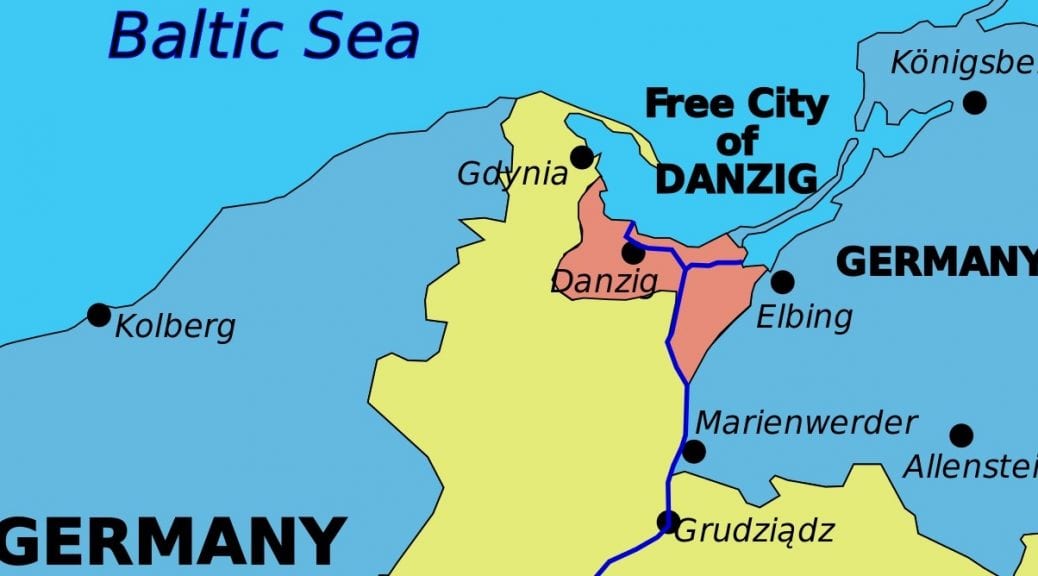



When did Churchill first read Mein Kampf, and did he have any early reaction to it?” Of Mein Kampf in his war memoirs, he wroe:
…there was no book which deserved more careful study from the rulers, political and military, of the Allied Powers. All was there—the programme of German resurrection, the technique of party propaganda; the plan for combating Marxism; the concept of a National-Socialist State; the rightful position of Germany at the summit of the world. Here was the new Koran of faith and war: turgid, verbose, shapeless, but pregnant with its message.[1]…

continued from previous post…
Churchill and the Avoidable War
Preface
This book examines Churchill’s theory that “timely action” could have forced Hitler to recoil, and a devastating catastrophe avoided. We consider his proposals, and the degree to which he pursued them. Churchill was both right and wrong. He was right that Hitler could have been stopped. He was wrong in not doing all he could to stop him. The result is a corrective to traditional arguments, both of Churchill’s critics and defenders. Whether the war was avoidable hangs on these issues.
Chapter 1. Germany Arming: Encountering Hitler, 1930-34
“There is no difficulty at all in having cordial relations between the peoples….But…